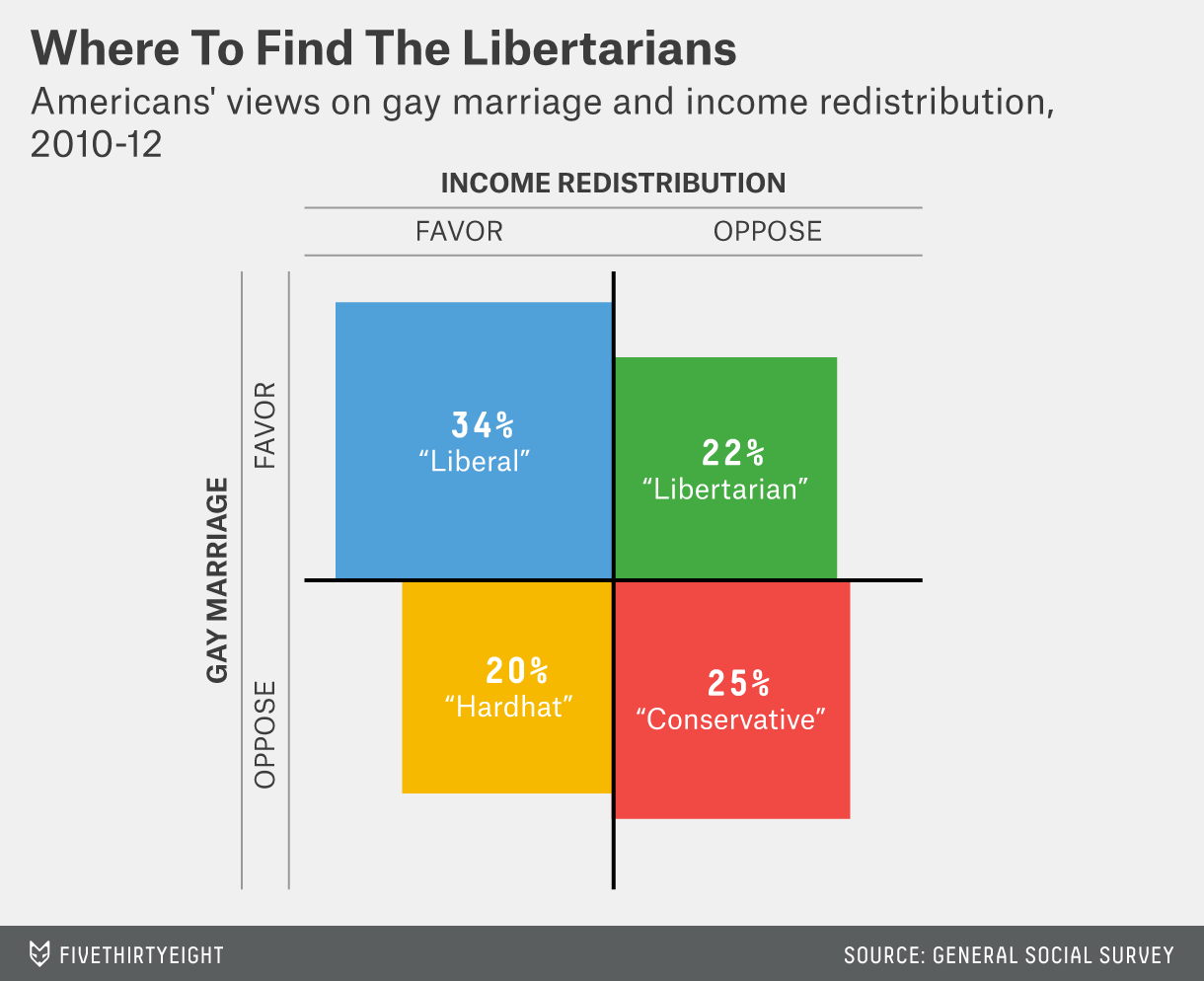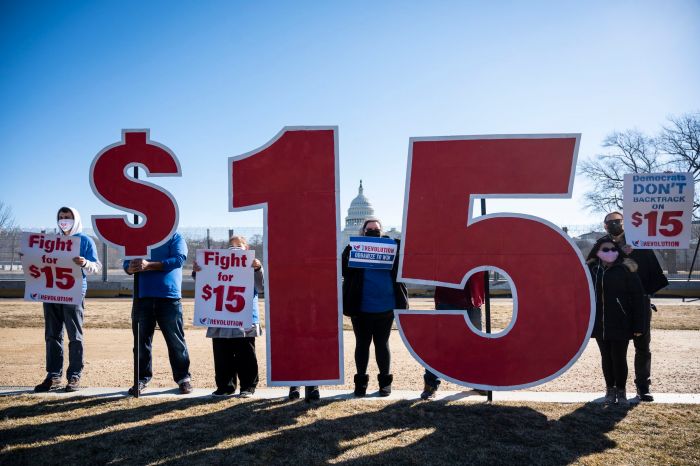Libertarian views on minimum wage offer a distinctive lens through which to examine the ethical, economic, and social implications of government intervention in the labor market. This analysis delves into the core principles of libertarian economics, exploring how they shape libertarian arguments against minimum wage laws.
It also examines the potential consequences of such laws, including job loss and reduced economic growth, supported by evidence and research.
Beyond critiquing minimum wage, this analysis explores alternative solutions to addressing poverty and economic inequality, considering their potential benefits and limitations. It also draws upon case studies of countries that have abolished or reduced minimum wage laws, analyzing the economic and social outcomes of these changes.
Libertarian Views on Minimum Wage

Libertarianism is a political philosophy that advocates for individual liberty and limited government intervention in the economy. Libertarian economic principles are based on the belief that free markets, private property, and individual responsibility are essential for a prosperous and just society.Libertarians
argue that minimum wage laws violate these principles by interfering with the free market and the rights of individuals to negotiate their own wages. They believe that minimum wage laws artificially inflate wages above their market value, leading to job loss, reduced economic growth, and other negative consequences.
Arguments Against Minimum Wage, Libertarian views on minimum wage
Libertarians make several arguments against minimum wage laws, including:
-
-*Job loss
Libertarians argue that minimum wage laws lead to job loss because employers are less likely to hire workers at higher wages. They claim that this is especially true for low-skilled workers who are more likely to be priced out of the job market.
-*Reduced economic growth
Libertarians argue that minimum wage laws reduce economic growth by discouraging investment and innovation. They claim that employers are less likely to invest in new businesses or expand existing businesses if they are forced to pay higher wages.
-*Inflation
Libertarians argue that minimum wage laws can lead to inflation because businesses may pass on the cost of higher wages to consumers in the form of higher prices.
Consequences of Minimum Wage
Libertarians point to several negative consequences of minimum wage laws, including:
-
-*Increased unemployment
Studies have shown that minimum wage laws can lead to increased unemployment, especially among young and low-skilled workers.
-*Reduced economic growth
Minimum wage laws can also reduce economic growth by discouraging investment and innovation.
-*Increased poverty
While minimum wage laws are intended to reduce poverty, they can actually have the opposite effect by pricing low-skilled workers out of the job market.
Alternative Solutions
Libertarians argue that there are better ways to address poverty and economic inequality than minimum wage laws. These include:
-
-*Education and training
Libertarians believe that the best way to help low-skilled workers is to provide them with education and training so that they can acquire the skills they need to earn higher wages.
-*Tax cuts
Libertarians argue that tax cuts can help to stimulate economic growth and create jobs.
-*Welfare reform
Libertarians believe that welfare reform is necessary to reduce dependency and encourage work.
Case Studies
There are several examples of countries that have abolished or reduced minimum wage laws, including:
-
-*New Zealand
New Zealand abolished its minimum wage in 1991. Since then, the country has experienced strong economic growth and low unemployment.
-*Denmark
Denmark has a very low minimum wage, and the country has one of the highest standards of living in the world.
-*Switzerland
Switzerland has no minimum wage, and the country has a very prosperous economy.
Ethical Considerations
Libertarians argue that minimum wage laws violate individual freedom and economic justice. They believe that individuals should be free to negotiate their own wages without government interference. They also argue that minimum wage laws can create a disincentive to work and can lead to poverty.
FAQ Insights: Libertarian Views On Minimum Wage
What are the core principles of libertarian economics?
Libertarian economics emphasizes individual liberty, free markets, and limited government intervention.
How do libertarian principles relate to minimum wage?
Libertarians argue that minimum wage laws violate individual freedom, distort the labor market, and can lead to unintended negative consequences.
What are the potential negative consequences of minimum wage laws?
Libertarians contend that minimum wage laws can lead to job loss, reduced economic growth, and increased unemployment among low-skilled workers.
What alternative solutions do libertarians propose to address poverty and economic inequality?
Libertarians advocate for free market solutions, such as reducing taxes and regulations, promoting entrepreneurship, and expanding educational opportunities.

